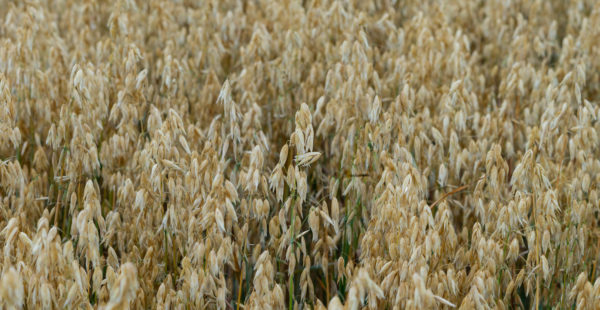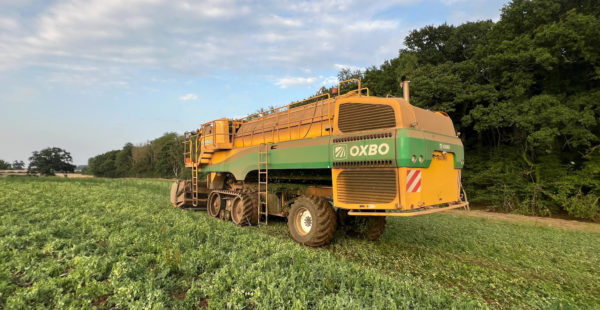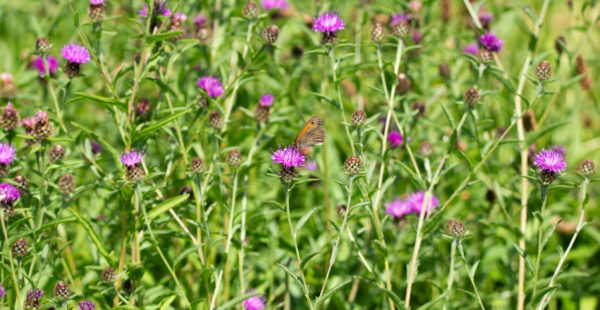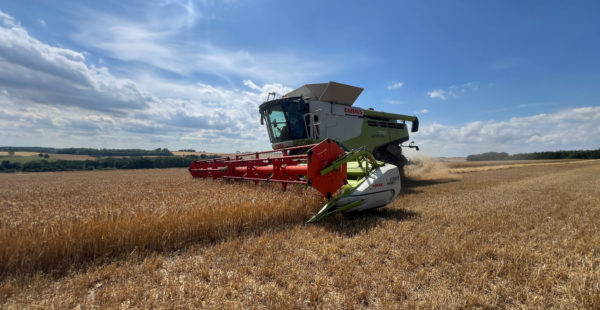A Week on the Estate: Hoiked Ragwort, Toxic Moths & Spruced Furze
The schools have broken up, the harvest is well underway and the last month of meteorological summer lies before us. The long-range weather outlook remains unclear, but the short-term picture is highly changeable. Today (Friday 25th) is the warmest day of the week with a local high of 26C, but the temperature range over the weekend will be 21C-12C with the chance of scattered showers.
July has brought both sunshine and a welcome splash of rainfall. This has come a bit late for the crops currently being harvested but, as gardeners and farmers know, it’s been good for the weeds. One infamous weed currently thriving is ragwort.
Under the Weeds Act of 1959, ragwort is classified as an “injurious weed” (alongside spear thistle, field thistle, curled dock and broad-leaved dock). It spreads quickly and is toxic to grazing animals so, like all responsible land-owners, we’re keen to control it.
There is, however, another side to this story and a balance to be struck. The cinnabar moth helps us to control ragwort but can’t thrive without it. The unmissable black and orange caterpillar of the cinnabar moth feeds on and helps to control ragwort, absorbing toxins that will stay in its system throughout its life and make it unpalatable to peckish birds.
Amy Jones has embraced this balance. When she and Lauren plan lessons at The Farm School, the relationship between ragwort and cinnabar moths becomes a living, breathing and wriggling example of how land management and ecology can be balanced. With the Saturday Club, Amy puts this lesson into practice: our team of hard-working young people hoik out an awful lot of ragwort to help protect our livestock, but leave some of this toxic weed in inaccessible areas to ensure that ragwort-munching moths continue to do well. You might call it symbiosis, or you might call it good teamwork.
Here’s Amy on the Saturday Club:
“The Saturday Club’s young people come to work because they get paid and they like the fact that it’s a job. They’re building their CVs and they know it will help them to get jobs later on. They work hard (eventually!) and they like the socialising aspect too. From an educational point of view, smuggling in a bit of teaching is the key challenge.
“We try to instil basics like communication, methodical planning and getting the more confident ones to embrace leadership. I like the sense that I’m part of a positive journey. The Saturday Club is currently at capacity and we have quite a few people on the waiting list as it’s popular. If you’d like to add your young person to the waiting list, drop me a line here: amy@thefarmschool.co.uk.”
You can find out more about the Saturday Club HERE and The Farm School HERE. If you missed our chat with Amy last month, you can catch up HERE.






